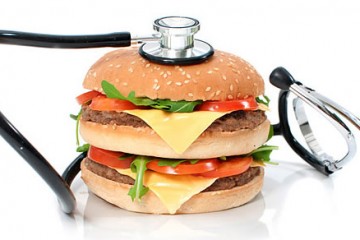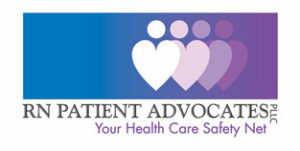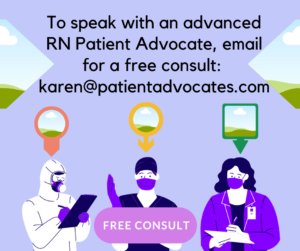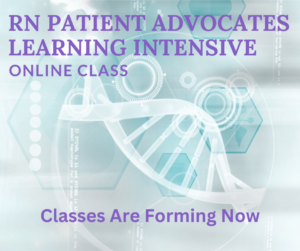Half of the people who experience heart attacks have normal cholesterol. What? What does this mean?
S. Sinatra, MD, a leading integrative cardiologist, explains that the real cause of heart attacks is inflammation in the linings of your arteries. Moreover, a healthy level of cholesterol is necessary for health. Too little can lead to health problems!

So what do you need cholesterol for?
1. Synthesizing essential nutrients such as vitamin D; steroid hormones such as estrogen, progesterone, testosterone, and cortisol; and bile acids needed for digestion
2. Constructing the semi-permeable membranes around each of the 100 trillion cells that make up your body
3. Repairing damage that occurs within the cardiovascular system
4. Facilitating cell communication and memory in the brain
 Cholesterol moves through your body on proteins – like HDL and LDL. “LDL carries ready-to-use cholesterol molecules that can be absorbed by cells that need it. Meanwhile, HDL picks up excess cholesterol and carries it back to the liver for recycling and excretion.” They need to be in balance – the proper ratio. If there is too much LDL in comparison with HDL, that is when your cardiac risk is elevated.
Cholesterol moves through your body on proteins – like HDL and LDL. “LDL carries ready-to-use cholesterol molecules that can be absorbed by cells that need it. Meanwhile, HDL picks up excess cholesterol and carries it back to the liver for recycling and excretion.” They need to be in balance – the proper ratio. If there is too much LDL in comparison with HDL, that is when your cardiac risk is elevated.
Ask your doctor what your HDL/LDL ratio is. You can learn more about this to better protect yourself here. . .
S. Sinatra, MD, a leading integrative cardiologist, explains that the real cause of heart attacks is inflammation in the linings of your arteries. Moreover, a healthy level of cholesterol is necessary for health. Too little can lead to health problems!

So what do you need cholesterol for?
1. Synthesizing essential nutrients such as vitamin D; steroid hormones such as estrogen, progesterone, testosterone, and cortisol; and bile acids needed for digestion
2. Constructing the semi-permeable membranes around each of the 100 trillion cells that make up your body
3. Repairing damage that occurs within the cardiovascular system
4. Facilitating cell communication and memory in the brain
 Cholesterol moves through your body on proteins – like HDL and LDL. “LDL carries ready-to-use cholesterol molecules that can be absorbed by cells that need it. Meanwhile, HDL picks up excess cholesterol and carries it back to the liver for recycling and excretion.” They need to be in balance – the proper ratio. If there is too much LDL in comparison with HDL, that is when your cardiac risk is elevated.
Cholesterol moves through your body on proteins – like HDL and LDL. “LDL carries ready-to-use cholesterol molecules that can be absorbed by cells that need it. Meanwhile, HDL picks up excess cholesterol and carries it back to the liver for recycling and excretion.” They need to be in balance – the proper ratio. If there is too much LDL in comparison with HDL, that is when your cardiac risk is elevated.
Ask your doctor what your HDL/LDL ratio is. You can learn more about this to better protect yourself here. . .





Recent Comments